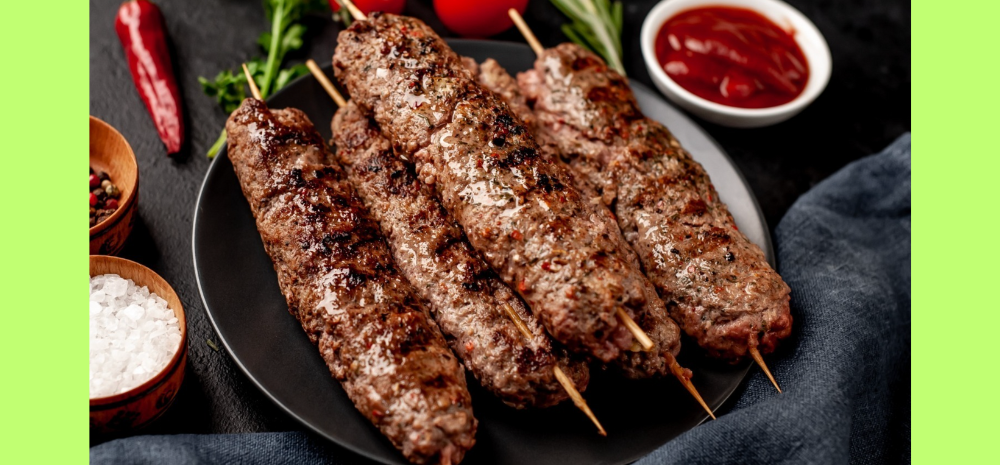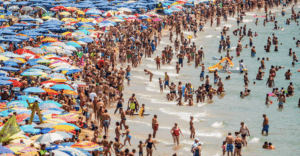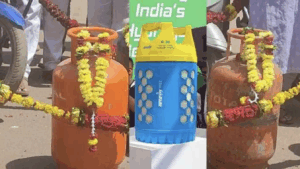Imagine you are traveling in a foreign country, and get put behind bars for eating! Today, let’s take a look at eight food items that are banned in various countries.

8 Foods Banned in Various Countries
Chewing gum in Singapore:
Chewing gum sales have been banned since 1992 in response to public nuisance and infrastructure damage concerns. Penalties for selling or importing chewing gum include hefty fines and potential jail time, although exceptions exist for therapeutic and dental gum.
Kebabs in Venice:
In 2017, a ban on kebab shops was introduced to preserve local traditions and identity, with the mayor expressing concerns about the city’s identity and sustainability amidst tourism.
Durian in Singapore:
Durian, despite being a delicacy for its taste, is banned in various countries due to its strong odor. This ban extends to hotels, public transport, and flights in countries such as Singapore, Thailand, Japan, and Hong Kong.
Poppy Seeds in Various Countries:
Poppy seeds are banned in multiple countries due to their morphine content and the risk of opium poppy cultivation. These bans are implemented in countries like Singapore, Taiwan, UAE, and Saudi Arabia, driven by concerns related to religion, drug control, and preventing the cultivation of opium poppies.
Horse Meat in USA:
Horse meat is banned in the USA due to cultural and religious sentiments towards horses. Despite federal reversals, some states maintain a ban on buying and selling horse meat.
Foie Gras:
Foie gras is banned in several countries due to ethical concerns over force-feeding animals. Import bans are implemented in countries like India, while production bans are in place in Australia, Argentina, and parts of Europe.
Medium rare burgers in New Zealand:
In 2017, New Zealand’s Ministry of Primary Industries banned serving medium-rare burgers for food safety reasons, aiming to prevent food poisoning from undercooked minced meat and liver.
Raw Milk:
The sale and consumption of raw milk are banned in various countries due to concerns about milk-borne diseases such as brucellosis and salmonellosis. These bans are enforced in countries including Singapore, Nordic countries, Canada, and Australia.











